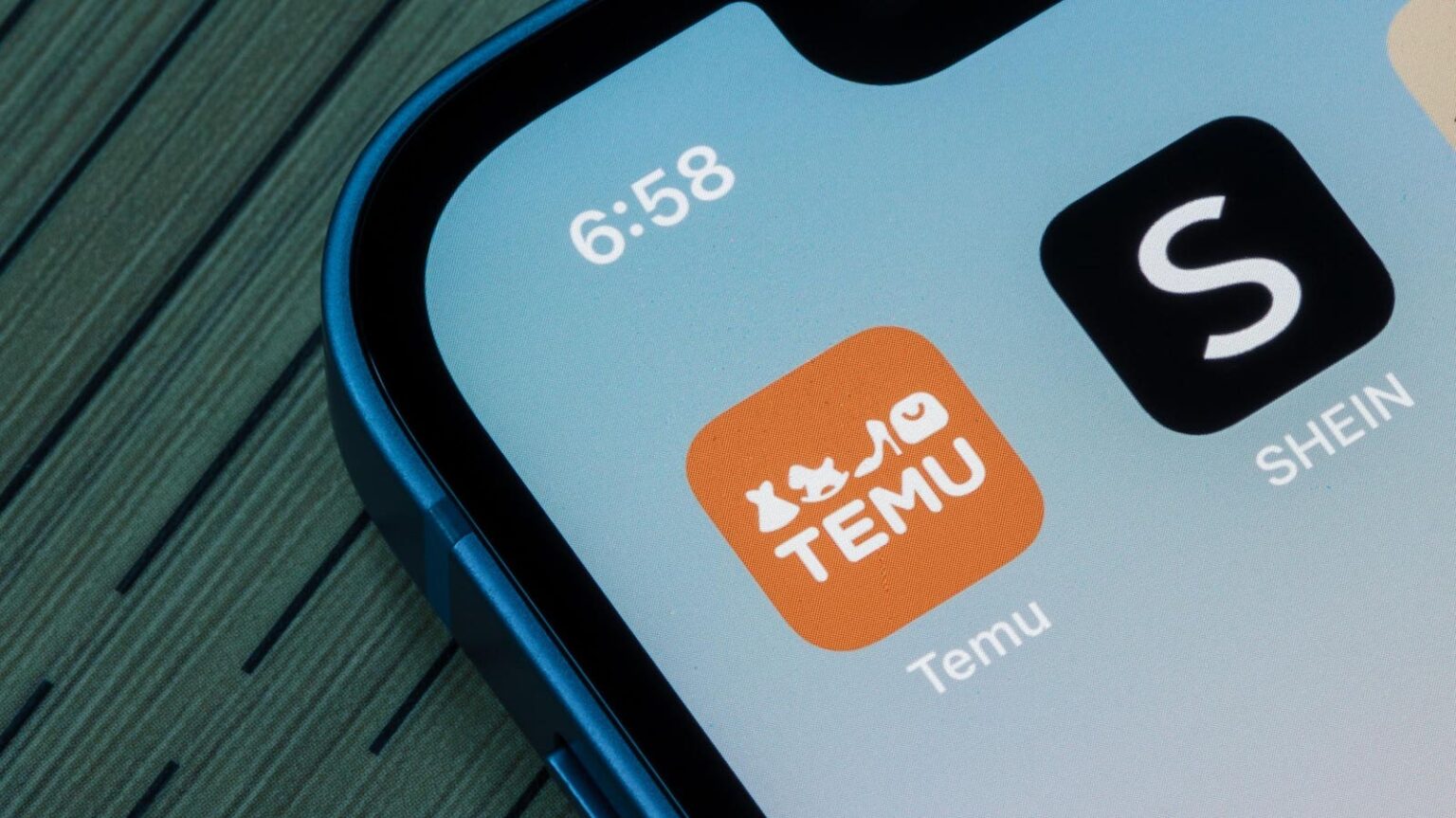Billions in Chinese goods avoid US import fees thanks to a little-known exemption that is overdue for reform according to many critcs
Gen Z fast-fashion favorite Shein (pronounced “she-in”), along with its principal competitor Temu, have had spectacular runs over the past five years, selling Chinese-made apparel and accessories direct to mostly Gen Z consumers at absurdly low prices.
Their success has drawn attention to a little-known tariff loophole that Chinese makers have been exploiting for years and is reportedly on the new administration’s hit list.
The pandemic-driven surge in Chinese apparel imports has been breathtaking.
Shein’s 2023 global sales of $32 billion were 10 times what they were in 2019, with up to $50 billion forecast for this year.
The US represents about a third of its sales and the brand now dominates the e-commerce fashion market in the US, having blown past Amazon and Walmart.
Angling to go public soon on the London stock exchange (after failing to generate interest on Wall Street), Shein attributes its success to cheap labor, on-demand production, and direct-to-consumer sales.
What Shein doesn’t talk about is a tariff loophole known as the “de minimis” exemption for small shipments valued at less than $800. That’s the rule every passenger on a US-bound international flight knows from the customs declaration cards handed out by cabin attendants. Travelers are supposed to list the value of items they purchased abroad. As long as the total is less than $800 the merchandise is allowed in duty free.
Because Shein and Temu treat each order as a separate shipment, and the average order is well below $800, packages sent to the US are allowed in duty free.
According to a recent report in the Wall Street Journal, Shein and Temu are responsible for nearly a third of the billion-plus de minimis packages that will enter the US this year.
Meanwhile, US retailers who buy large, container-sized lots have no choice but to pay prevailing tariffs.
Critics have complained about this loophole for years without effect. That may be about to change with the incoming administration.
Incoming members of the new administration have made regulation of imports from China a priority. It will be a heavy lift. Beside the tariff issue, it would be impossible to inspect the more than two million such packages that arrive every day.
Shein has other issues as well, which is likely why Wall Street turned up its nose at an IPO.
Known by critics as “the unstoppable face of throwaway fast fashion”, Shein, owned by a Chinese billionaire and headquartered in Singapore, does not sell its wares in China; however, it sources its merchandise from some 6,000 Chinese factories.
The success of Shein and Temu is iconic and ironic at the same time.
The bulk of their sales of fashion are to Gen Zs, the generation that surveys consistently find is most concerned about sustainability and willing to do something about it.
It would be interesting to see if competing US retailers could move the needle with a marketing campaign aimed at Gen Zs. Just as interesting will be how Gen Zs react to the potential coming price increases.
Read the full article here

